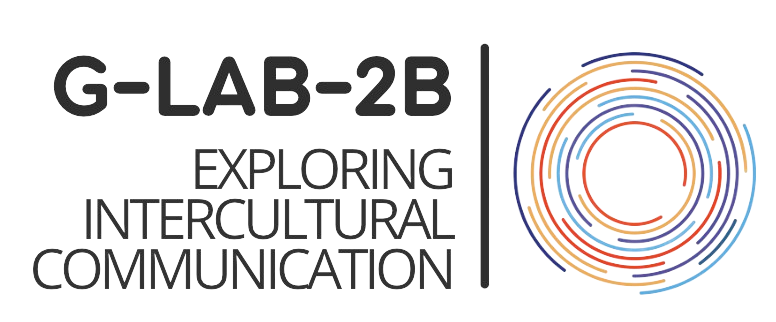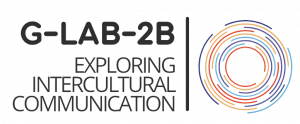Many voices rightly insist on the importance of teaching people to distinguish between reliable sources, recognize the falsity of certain news items, and understand how the media works. And yes, all of that is important. But it is also insufficient.
The reality is that, in an environment saturated with misinformation, conspiracy theories, and digitized opinion bubbles, this response seems sensible. But its sensibility does not guarantee its effectiveness.
Table of Contents
I invite you to reflect more deeply:
As is often the case with well-intentioned solutions, we run the risk of misdiagnosing the problem. The problem is not the visible symptom; we need to look deeper, because ultimately it is not so much a lack of knowledge as a growing resistance to knowing. The crisis (or rather, this feeling) we are experiencing is not only cognitive; it is also emotional, structural, and social. It is not just a matter of not understanding the facts, but of not wanting to face them.
For example, we do not forward a message or explain certain information to someone else because it is simply true, but because it suits us, because it confirms what we feel, because it reinforces what we believe, because we want to share it with someone close to us, such as a friend, family member, or coworker, without having to question it too much. We share not only to inform, but to belong. Sometimes, a comforting lie circulates more easily in a trusted group than an uncomfortable truth.
Believing what you want to believe
The tendency to reject information that contradicts our beliefs is certainly not new. From Plato’s myth of the cave to current studies on confirmation bias (cognitive psychologist Daniel Kahneman), we know that human beings do not necessarily seek the truth, but rather consistency with our own narrative of the world.
In this context, it is not uncommon for articles from dubious sources to be shared in messaging groups or on social media. What matters is not so much the veracity of the content, but its emotional and symbolic function. In other words, we do not share information to better understand the world, but to reinforce who we are within it.
That is why the classic lesson of “seek a second source” loses its power. We know how to do it. We simply don’t want to when that second source could destabilize our mental framework.
The media structure
This resistance to knowledge does not occur in a vacuum. It is reinforced by a media ecosystem designed not to inform, but to capture attention. The dominant economic model, based on advertising, transforms user attention into a commodity.
Thus, both traditional media and digital platforms are driven to prioritize content that generates more clicks, more emotions, and more time spent on the site. And that content is rarely complex, nuanced, or uncomfortable. What predominates is the emotional, the polarized, the personal, and often the negative.
Take the climate crisis as an example: few doubt its seriousness, but rigorous scientific data rarely goes viral. Instead, an emotional video that denies climate change or simplifies its impact can circulate very quickly, reinforcing misperceptions that are emotionally satisfying. What’s more, if it is commented on in a way that contradicts the original message, the message goes even more viral. ( the comment keeps “underground” )
When competition is not enough
Given this landscape, media literacy initiatives fall short if they limit themselves to teaching people how to identify hoaxes or distinguish between different types of journalism. The question is not only what is true, but why we prefer not to know.
Much of today’s pedagogy assumes that, once equipped with the right tools, citizens will act rationally. But this “technocratic” view does not consider the emotional, identity, and structural factors that condition our cognitive choices.
What should be done then? It is not a question of abandoning media education, but of redefining its scope. Teaching people to identify fake news is not enough if we do not also work on their internal willingness to expose themselves to information that does not confirm their beliefs.
This involves a twofold task: on the one hand, analyzing the economic and social structures that shape our information environment; on the other, teach to an ethic of knowledge that includes self-criticism, doubt, and openness to complexity.
Knowing is not just a matter of information. It is a matter of courage.


